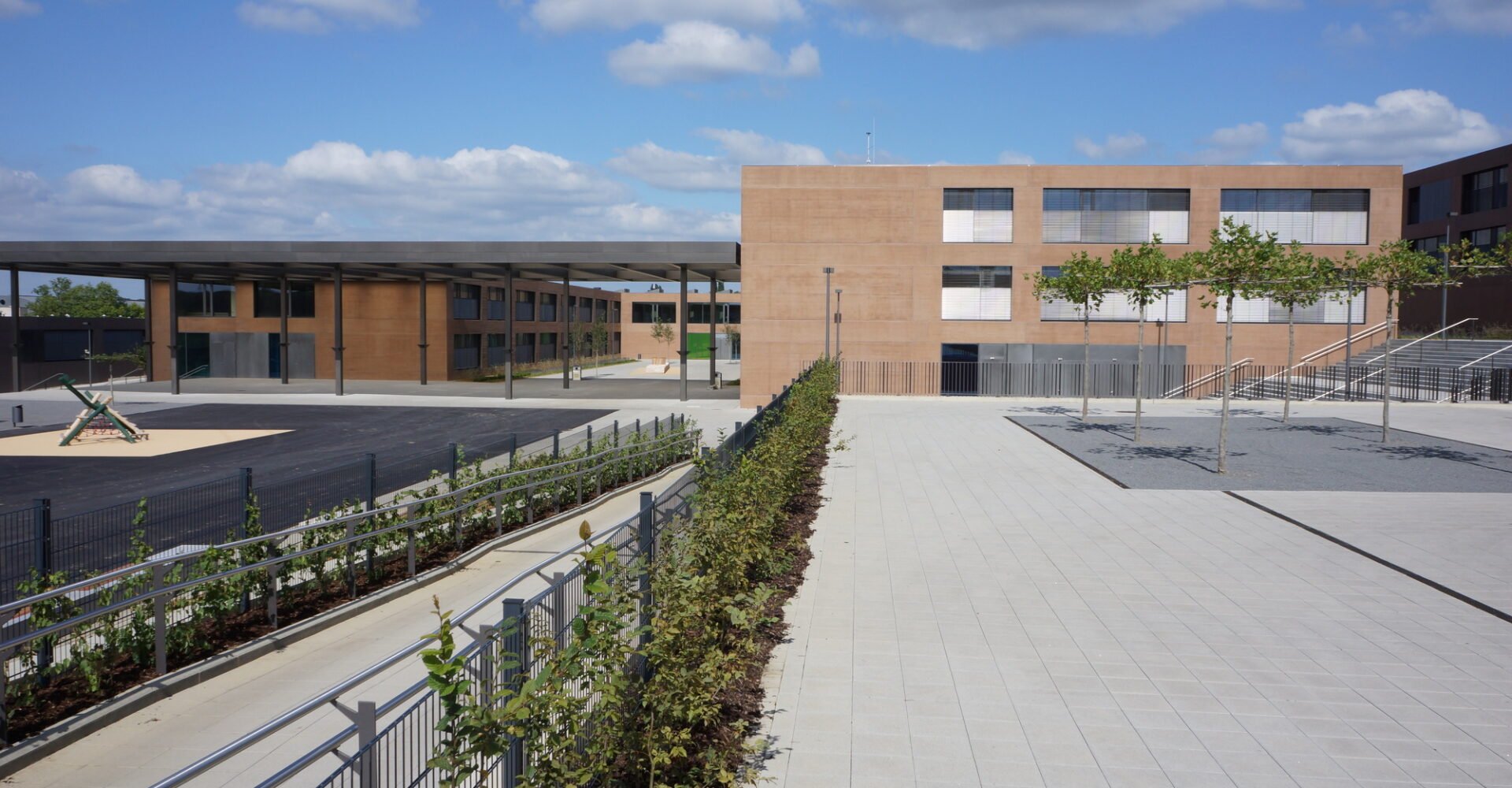The European School, Luxembourg was the first amongst all the European Schools to be established. It was established on the initiative of leaders of the European Coal and Steel Union, with the backing of the government and the institutions of the Community. Since its inception, it has been a leading centre of education, research and teaching for those considering a career in European Studies. It is also the home of the famous European School of Clinical Medicine.
There are two main bodies that make up the European School. There is the School Committee on Education, which is made up of the members of the House of Councilors of Luxembourg (the highest civil officials in the State), the Secretariat of the Education Ministry and the General Administration of Health of Luxembourg. Other than these, there are eleven faculties or departments at the school. They include the departments of political science, history, philology, geography, biology, bacteriology, nutrition, psychology, sociology, economics, medical studies, veterinary medicine and allied health care.
The role of these faculties and departments is important in shaping the future of the students in the European School. For example, the political science department researches and disseminates information about political systems across Europe. Geography departments conduct geographical research and study the effects of climate change upon the functioning of the schools and society in the European School. The literature of these departments would include journals, pamphlets, books and periodicals. The microbiology department researches on important diseases, their prevention and cures, the evolution of microorganisms and their characteristics.
The language faculty is responsible for ensuring that the students understand the lessons and learn from the experience. In addition to the teaching facilities provided, they have the task of ensuring that the students are familiar with the use of European languages at all times, while ensuring that the student’s writing skills are above average. The teachers in the French, German, Lithuanian, Polish, Ukrainian, Sami, Croatian and Sofia languages are recruited from the pool of students drawn from all over the EU.
The school has a rich curriculum and is flexible in terms of age groups and abilities. All the subjects taught are taught without exception in all the schools in the EU. The courses cover arts, sciences, humanities, life skills and social studies. The students are expected to acquire knowledge in all the areas taught, to improve their social skills and to be independent thinkers who are prepared to take responsibility for their own learning. Independence of thought is encouraged in the European School.
The students in the European School have full access to the school library and have a dedicated teacher who facilitates group study and offers feedback during class sessions. Group work is highly valued by the students and helps them in their self-discovery process. The social aspect of learning is highly valued by the students and they are encouraged to go out into the community and make new friends. The community environment provides a positive influence on the student’s personality and this will help him in his professional life as well.
The activities covered in the curriculum of each day include debates and discussions, theatre plays, artistic creations, music and literature and sculpture. There are special classes for children, girls and boys to strengthen their talents. The luxembourg european school also offers vacation learning opportunities to its students, and these allow students to explore the local culture of Europe during their vacations.
The students are assigned weekly tasks which require them to research and write on a particular theme. For some the assignment may be to write an essay on ‘Christianity and ethics’, for others it may be to write a paper on’Languages and society in Europe’. The assignment topics are chosen on the basis of a survey in which the students are invited to share their ideas with other students from their group. The first two weeks of each semester will be reserved for house sessions, during which the students will meet individually with the faculty. Weekends offer mini-seminars, facilitated by the principal. Regular sessions are also held throughout the semester.

